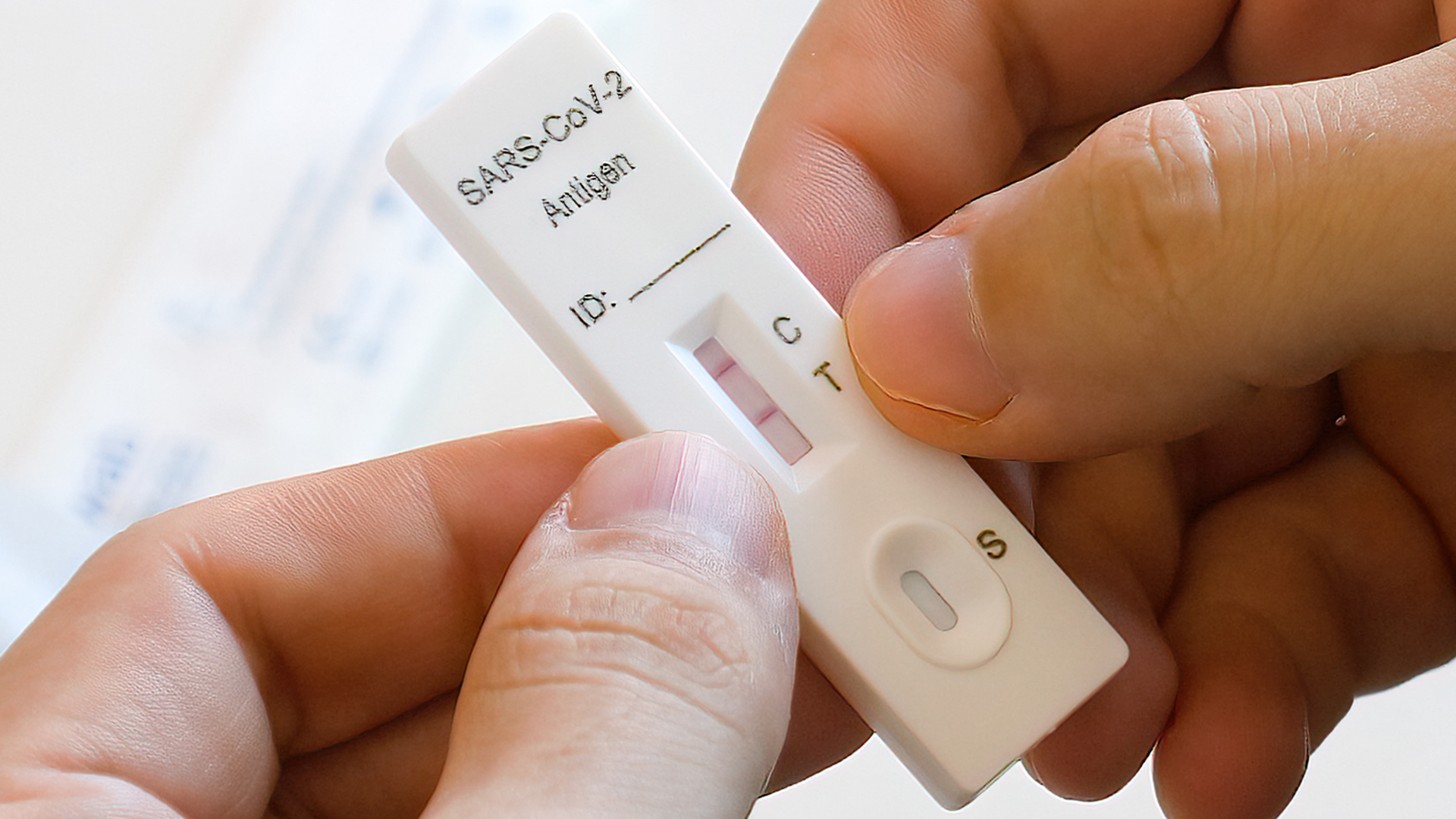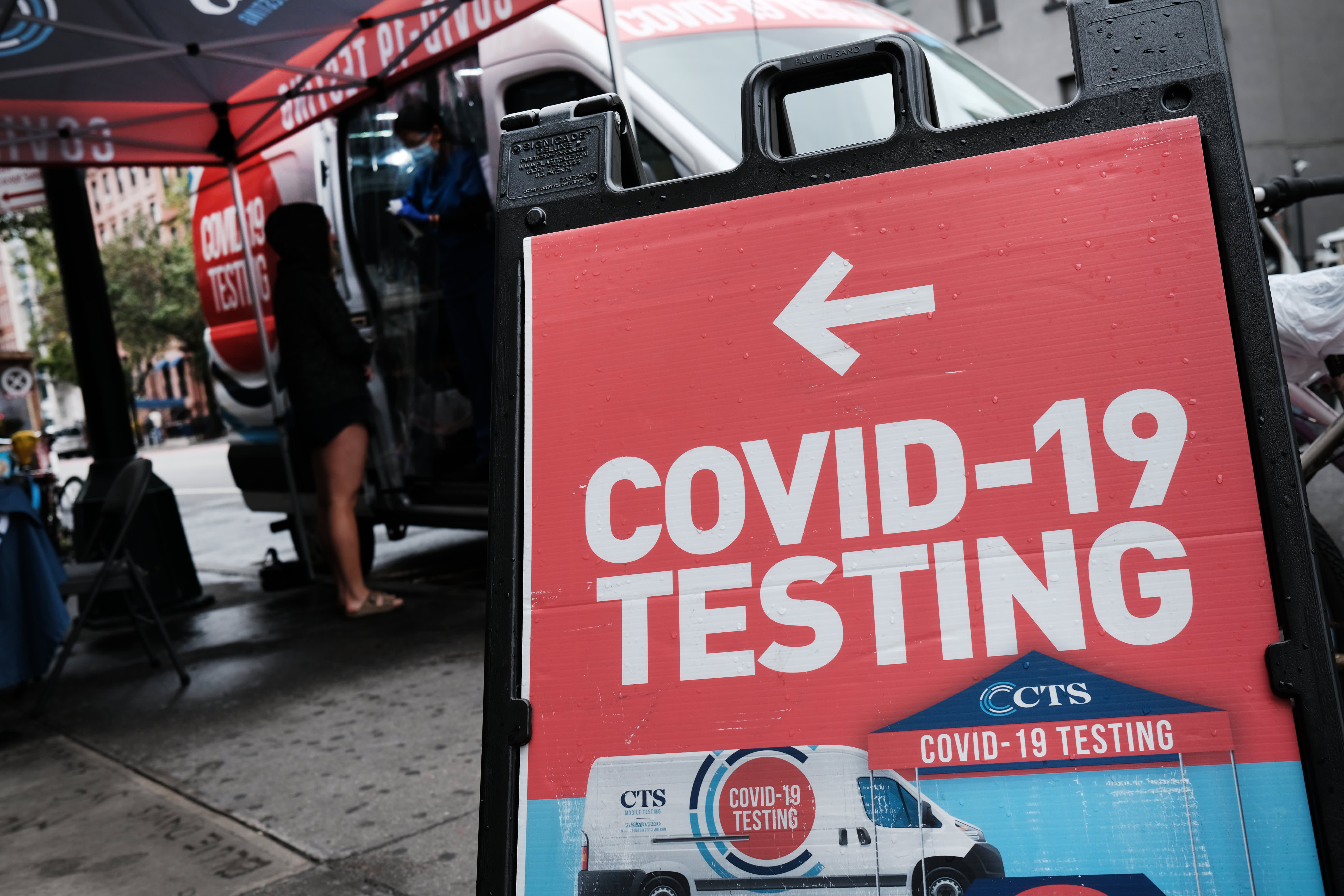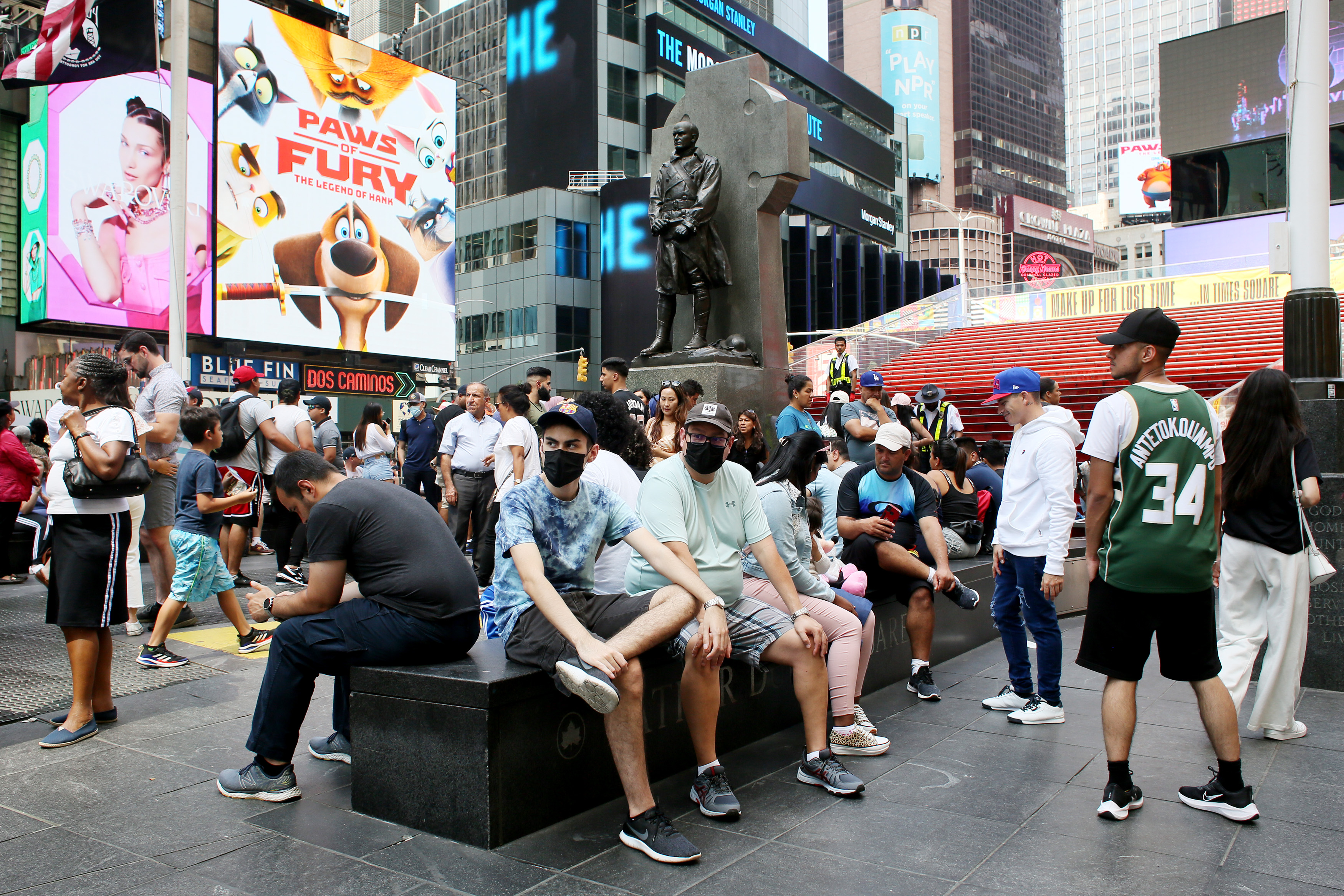Top New York City health leaders voted Tuesday to rescind the strictest-in-nation COVID vaccine mandate implemented by former Mayor Bill de Blasio in the waning days of his administration, the last signoff needed to end the program next week. Vaccine mandates for high-risk extracurricular activities in schools will end, too.
Both votes were unanimous. The rules will expire on Tuesday, Nov. 1, in accordance with Mayor Eric Adams' late September announcement. At that point, private employers will have the option to keep the mandate if they want, but it won't be required any longer by city health ordinance.
Staying in effect, though, will be the vaccine mandate for tens of thousands of municipal workers, many of whom have expressed frustration they must comply with protocol no longer considered necessary outside the public domain.
Adams, who kept the private-sector mandate in place when he took office earlier this year despite protest, said in late September the private rule would end on Nov. 1. He insisted, though, that the city's workforce of more than 300,000 employees continue to lead by example and kept the municipal order in place. It's not clear when that might end.
Get Tri-state area news and weather forecasts to your inbox. Sign up for NBC New York newsletters.
The Democrat dropped the vaccine requirement for professional athletes in late March as vaccine controversy surrounded Nets' Kyrie Irving, drawing ire from businesses who cried double standard.
It's not clear how many private-sector employees lost their jobs over the mandate, though, or whether they may not be eligible to get them back now that it's over. Asked directly about the municipal mandate, which led to the termination of more than 1,500 city employees at the time of his September announcement, Adams said he didn't have an end date.
Representatives from FDNY and NYPD unions were quick to blast that decision as "arbitrary" and "capricious."
The latest COVID developments in New York come amid rising wariness over the emergence of new COVID variants, some of which haven't even been detected in the United States yet, that appear more vaccine-resistant and contagious.




